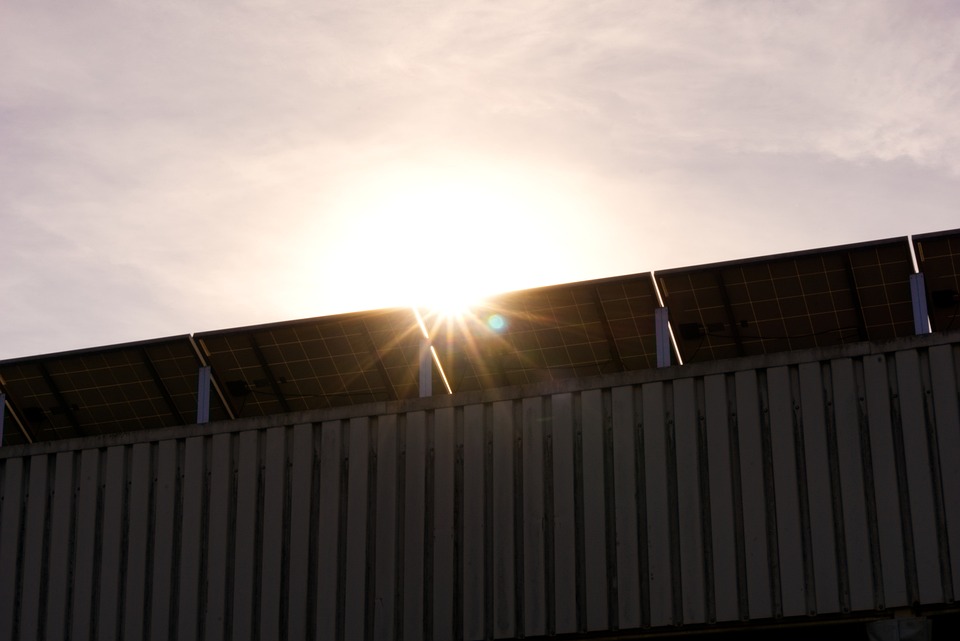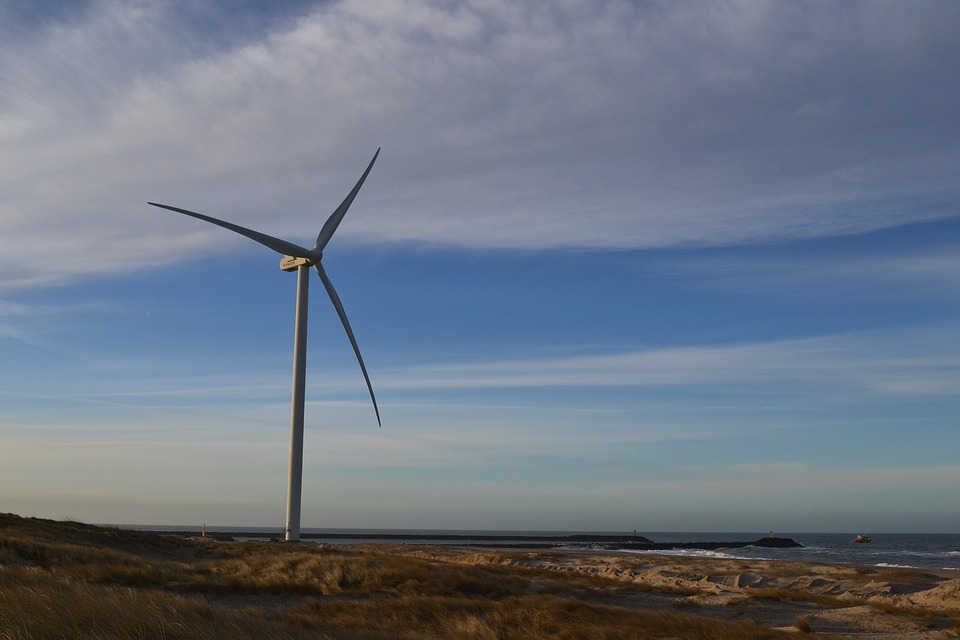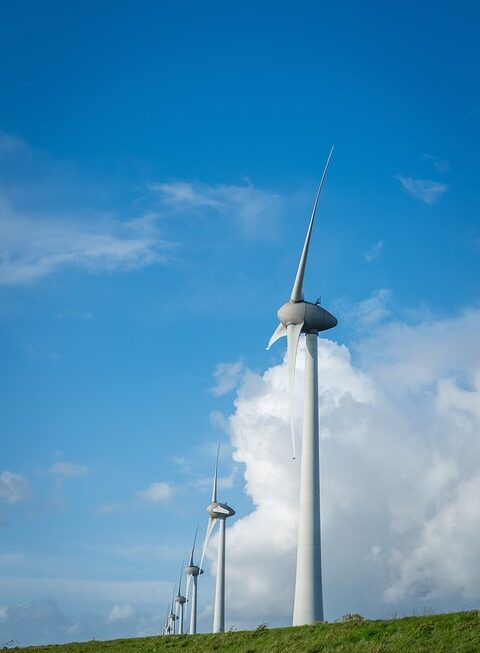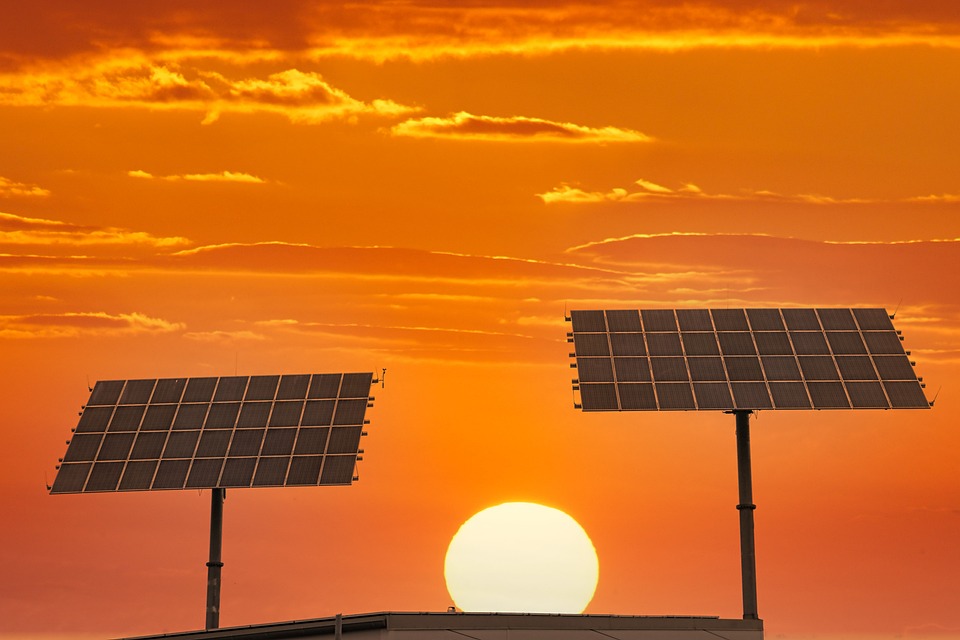[ad_1]
Unlocking the Potential of Renewable Energy with AI Technologies
Introduction
The world is undergoing a transition to renewable energy sources as a means of mitigating the impacts of climate change and reducing reliance on fossil fuels. Renewable energy, including solar, wind, hydro, and geothermal power, offer sustainable and clean alternatives to traditional energy sources. However, the integration of renewable energy into the grid presents challenges related to variability, intermittency, and efficient energy management. This is where artificial intelligence (AI) technologies come into play, offering solutions to effectively harness the potential of renewable energy.
AI technologies have the potential to revolutionize the renewable energy sector by enabling predictive capabilities, optimizing energy production and consumption, and improving the overall efficiency of renewable energy systems. From advanced weather forecasting to real-time energy management, AI technologies can help maximize the potential of renewable energy sources and accelerate the transition to a sustainable energy future.
In this article, we will explore the ways in which AI technologies are unlocking the potential of renewable energy, the current state of AI integration in the renewable energy sector, as well as the future outlook for AI technologies in the renewable energy industry.
AI Technologies for Renewable Energy
1. Advanced Weather Forecasting
One of the key challenges in renewable energy production is the variability of weather patterns, which directly impacts the performance of solar and wind farms. AI technologies can analyze vast amounts of weather data and provide accurate and reliable forecasts, allowing renewable energy operators to anticipate changes in energy production and optimize their operations accordingly. By leveraging machine learning algorithms, AI can improve the accuracy of weather predictions, enabling more effective energy management and grid integration of renewable energy sources.
2. Predictive Maintenance
AI technologies can play a crucial role in the maintenance of renewable energy infrastructure, such as wind turbines and solar panels. Through the use of predictive analytics, AI algorithms can detect potential equipment failures and recommend preventive maintenance measures, minimizing downtime and maximizing the lifespan of renewable energy assets. This predictive maintenance approach can significantly reduce operational costs and ensure the continuous and reliable performance of renewable energy systems.
3. Energy Management and Optimization
AI technologies can optimize the management of renewable energy systems by analyzing real-time data and making predictive decisions to maximize energy production and minimize waste. For example, AI algorithms can adjust the output of solar panels and wind turbines based on current energy demand and weather conditions, ensuring efficient energy generation while minimizing fluctuations in the grid. Additionally, AI technologies can optimize energy storage and distribution, allowing for greater flexibility and stability in the integration of renewable energy into the grid.
4. Grid Integration and Stability
The integration of renewable energy into the existing grid infrastructure presents challenges related to stability, reliability, and efficiency. AI technologies can play a crucial role in managing the variability of renewable energy sources and ensuring a smooth integration into the grid. Through the use of AI algorithms, grid operators can optimize the balance between supply and demand, predict energy consumption patterns, and effectively manage the flow of renewable energy within the grid. This can lead to improved grid stability, reduced energy losses, and enhanced overall reliability of the energy system.
The Current State of AI Integration in the Renewable Energy Sector
The integration of AI technologies into the renewable energy sector is already underway, with various applications and solutions being developed and implemented across the industry. In the solar energy sector, AI technologies are being used to optimize the performance of solar panels, enhance energy yield prediction, and improve the efficiency of solar power plants. Similarly, in the wind energy sector, AI algorithms are being employed to optimize turbine performance, reduce downtime, and improve the overall reliability of wind farms.
Energy companies and utilities are increasingly turning to AI technologies to enhance the management and optimization of renewable energy systems, with a focus on predictive maintenance, real-time energy management, and grid integration. The rapid advancements in AI technologies, combined with the increasing availability of data from renewable energy assets, are driving the adoption of AI solutions across the renewable energy industry.
The Future Outlook for AI Technologies in the Renewable Energy Industry
The future outlook for AI technologies in the renewable energy industry is promising, with significant potential for further advancements and widespread integration. As AI technologies continue to evolve and mature, they will play an increasingly important role in unlocking the full potential of renewable energy sources. The development of AI algorithms for advanced weather forecasting, predictive maintenance, energy management, and grid integration will enable more efficient and reliable renewable energy systems, driving the transition to a sustainable energy future.
In the coming years, we can expect to see continued advancements in AI technologies tailored specifically for the renewable energy sector, with a focus on improving performance, reducing costs, and enhancing overall energy efficiency. The integration of AI into renewable energy systems will enable more effective management of energy production and consumption, leading to greater grid stability, lower carbon emissions, and enhanced reliability of the energy system.
Furthermore, AI technologies will also play a key role in enabling the expansion and integration of new and emerging renewable energy sources, such as tidal and wave energy, by providing advanced predictive capabilities and optimization tools for these technologies. As the renewable energy sector continues to grow and evolve, the role of AI technologies will become increasingly essential for realizing the full potential of renewable energy sources on a global scale.
FAQs
Q: What are the main benefits of integrating AI technologies into the renewable energy sector?
A: The integration of AI technologies into the renewable energy sector offers numerous benefits, including improved energy production and consumption, enhanced grid stability, reduced operational costs, and extended asset lifespan through predictive maintenance.
Q: How can AI technologies optimize the performance of renewable energy systems?
A: AI technologies can optimize the performance of renewable energy systems by providing advanced weather forecasting, predictive maintenance, real-time energy management, and grid integration capabilities, leading to more efficient and reliable energy production.
Q: What are some of the challenges in integrating AI technologies into the renewable energy sector?
A: Some of the challenges in integrating AI technologies into the renewable energy sector include data privacy and security concerns, the need for specialized skills and expertise, and the high upfront costs of implementing AI solutions.
Q: What is the future outlook for AI technologies in the renewable energy industry?
A: The future outlook for AI technologies in the renewable energy industry is promising, with continued advancements and widespread integration expected to drive the transition to a sustainable energy future and unlock the full potential of renewable energy sources.
Conclusion
AI technologies have the potential to revolutionize the renewable energy sector by enabling advanced predictive capabilities, optimizing energy production and consumption, and improving the overall efficiency of renewable energy systems. From advanced weather forecasting to real-time energy management, AI technologies are unlocking the full potential of renewable energy sources and accelerating the transition to a sustainable energy future. As advancements in AI technologies continue to evolve, we can expect the widespread integration of AI solutions to drive the renewable energy industry forward, leading to more efficient and reliable energy production, greater grid stability, and enhanced overall sustainability.
[ad_2]



